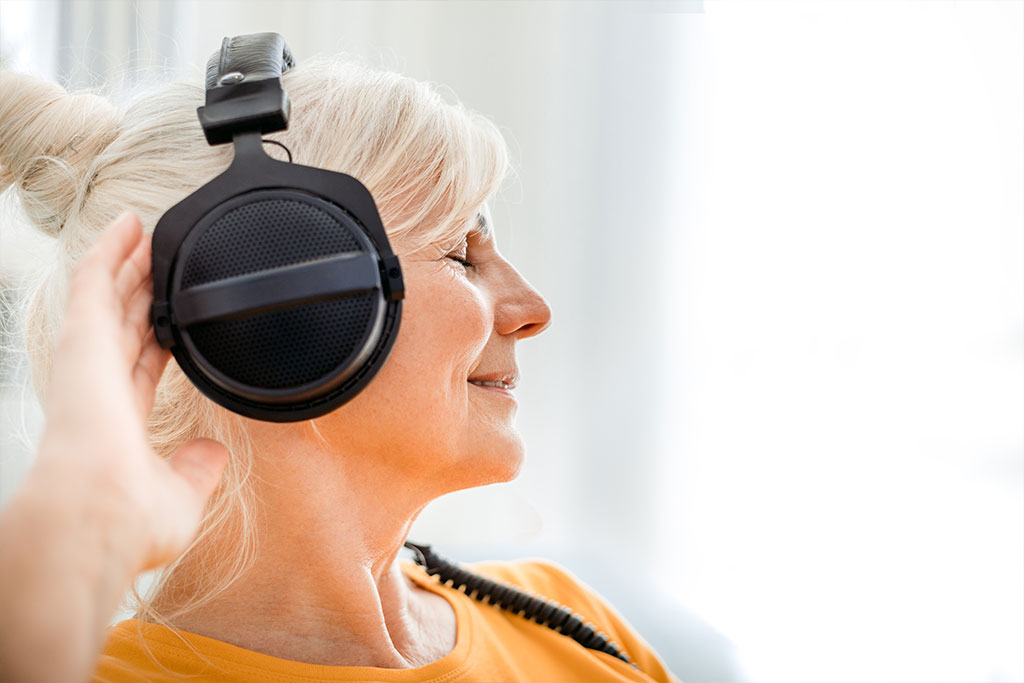If your loved one is living with Alzheimer’s disease, you will know that there are no known available treatments for it. While there is no cure, research regarding new treatments, early detection, and music therapy offers hope. The relaxing and rejuvenating effect of music can be integrated into the lives of older adults suffering from dementia and Alzheimer’s disease.
Listening to music can be especially beneficial for older persons since it provides an avenue for creativity, socializing, and cognitive stimulation. Though care facilities and hospitals have long been aware of music therapy for seniors, the approach is increasing in popularity and scientific research.
Encourages Physical Movement
One of the advantages you can look forward to is your loved ones using their bodies more frequently. With aging, many factors such as aches, injuries, and health problems may interfere. Music therapy can help to foster improved motor control, whether for enjoyment or in a supported environment with music therapists providing guided directions. With increased physical activity in your loved ones’ lives, it can potentially improve their balance, coordination, flexibility, muscle strength, and cardiovascular health.
Improves Mood and Promotes Healthy Emotions
Music therapy can help relieve pain and reduce stress by shifting a person’s focus away from their discomfort. Music, whether played or listened to, aids in proper breathing techniques. This improves respiratory health, lowers blood pressure, and relaxes muscles. It can also be used as an immediate mood booster for Alzheimer’s patients by enabling them to recall recollections of songs from their past. The music you play for them can provide a short reprieve from the stress and depression they may experience.
Facilitates Effective Communication
Anyone who has dealt with or tended to an older adult affected by dementia understands that communication, particularly verbal communication, is not always effortless. When communicating, nonverbal communication is frequently prioritized because it is more comfortable and pleasurable for them. Music therapy opens up new avenues for social interaction and joyful experiences. For example, group music therapy can provide opportunities for older adults to communicate with others that they might not otherwise have.
Easily Accessible
While it is recommended to involve a music therapist for a standard intervention, you do not need to be a professional to utilize music in your exchanges with your loved ones. You can use music throughout the day for your loved ones in various ways, whether it is via playing an energy-boosting playlist on the speakers in the morning or humming one of their favorite songs to promote relaxation in the evening. It is necessary to make proper preparations when doing this for them as they can get overstimulated or uncomfortable if you play the wrong type of music.
Music therapy may help your loved ones suffering from dementia and Alzheimer’s disease to retain their memories and identities. When paired with healthy eating habits and exciting activities, they can lead an even fulfilling lifestyle while still receiving the necessary care. Look no further if you are looking for a suitable memory care program! Discovery Village At Sugarloaf offers a comprehensive, nationally renowned program for older persons suffering from memory-related problems.







